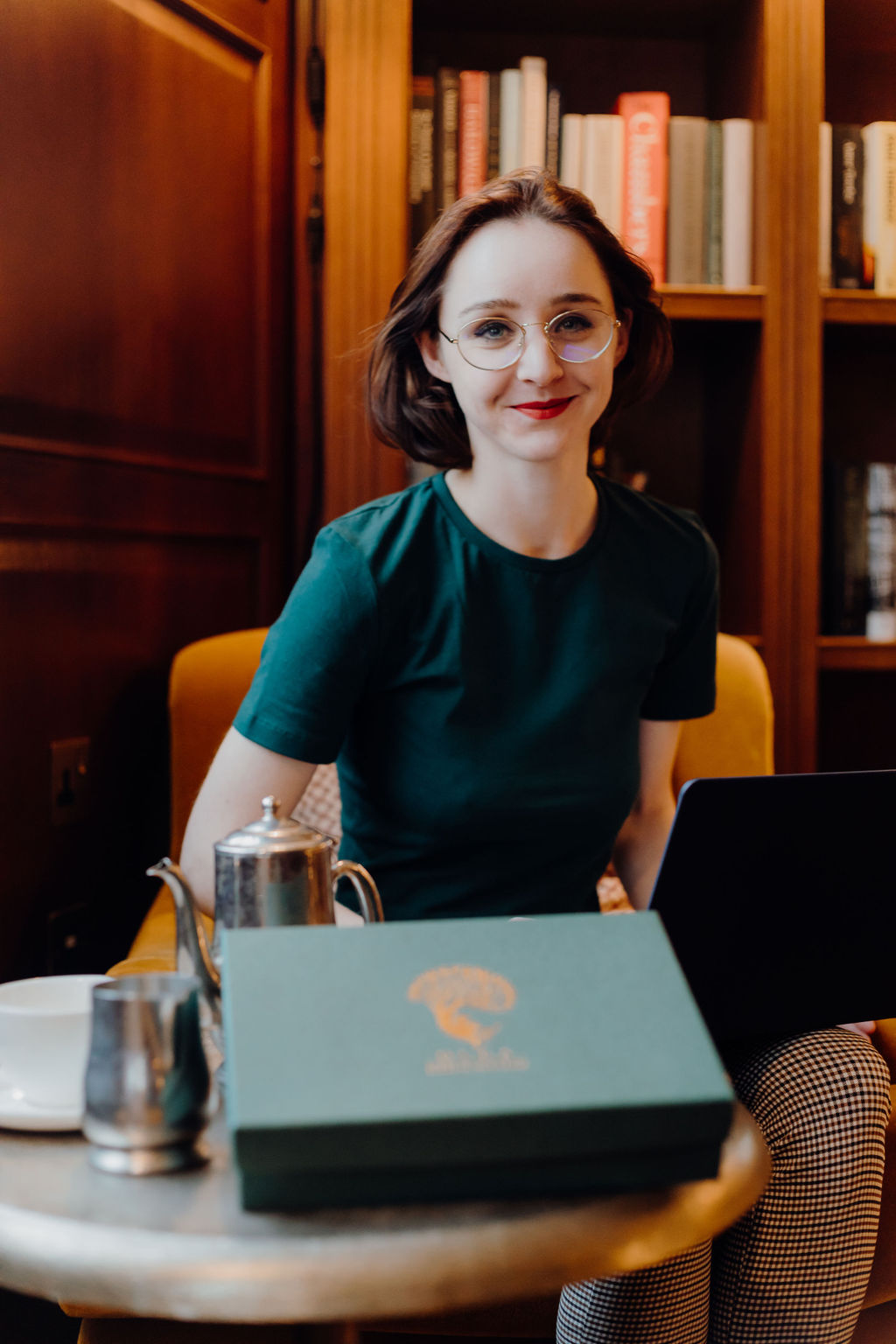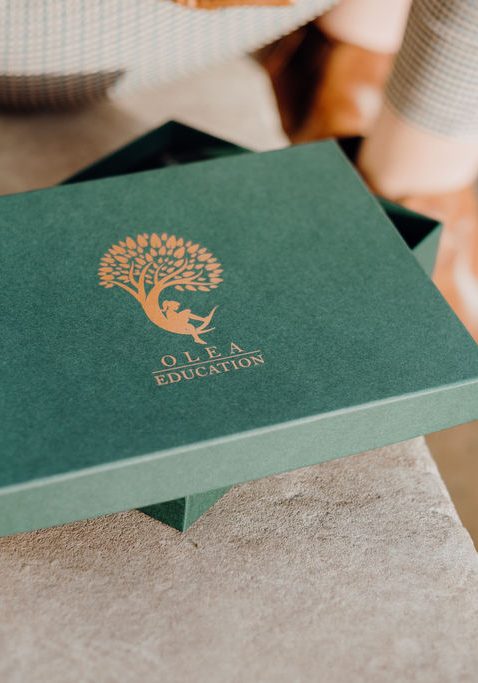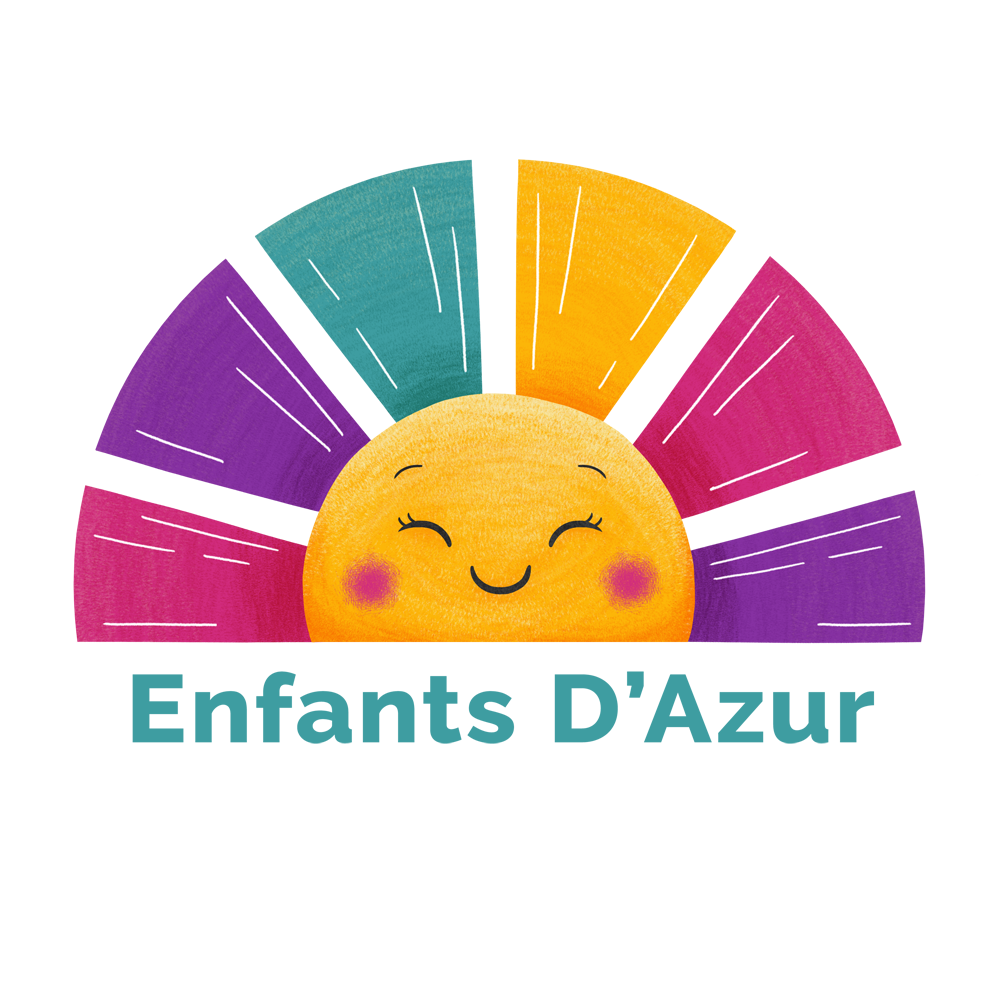The Importance Of Multilingual Identity And How To Embrace Your Most Authentic Self Through Languages
The Importance Of Multilingual Identity And How To Embrace Your Most Authentic Self Through Languages.
By Olivia Halsall - OLEA Education

Potette and Pàtoute. Don’t recognise these words? That’s because I invented them when I moved to Paris in autumn. Potette(feminine) is a noun for a female friend, since un pote is used for both women and men, and it made sense for there to be a female version of ‘mate / pal’ as I came to befriend more and more wonderful female entrepreneurs. It also sounds cute: “Salut ma potette, chaud pour un petit café cet après-midi?” And Pàtoute? Brexit meant that I had to leave France and switch visas after 90 days in Europe. To celebrate my time in Paris launching Olea into France, I threw a party to reassure all my new friends that I’d be back in no time. Party and à toute? Pàtoute.
Inventing words, playing with language and finding one’s identity amid two languages (and cultures) is a core-shaking experience. But, in a good way! Multilingualism is something to be celebrated and capitalised on.
I was exposed to French at a young age through the odd language lesson and summers spent across the pond. Intrigued by the mindset and convinced by the food, I studied French for my A levels, undergraduate degree, and then pursued a master’s in second language education research at the University of Cambridge. My DNA is 94% British and aspects of my personality are so deeply rooted in English culture and customs that it’s unlikely that I will ever be able to pass as anything but an English woman. Despite this, I consider France my home and my future.
What is multilingual identity?
Multilingual identity is the way we experience, navigate, and identify our true selves through the languages we speak. Do you find that some feelings or experiences can be articulated perfectly in one language but not in another? Depending on your company (i.e. whether the people around you speak the same languages), you might mix your languages together to better express yourself. Feeling comfortable with your languages, expressing yourself creatively and proudly defining your multilingualism is a strong sign of a global citizen, which demonstrates 21st century readiness.
Why is multilingual identity so important?
As the world becomes ever more globalised, competitive, and integrated, having a strong sense of self is of paramount importance. If you are raising multilingual children, enabling them to find their voice, switch seamlessly as well as function personally and professionally in each language is just the beginning.

And the authentic self? Geographical displacement whether due to war or international study is never easy. The paradox of globalisation now seeming to shrink in on itself as countries close their borders means that the next generation will need to reconsider and redefine the world as their home, rather than feeling too secure in one geographical spot. Why is it so important to guide the next generation to embracing their truest, most authentic self through multilingualism? Confidence. In my experience as a global private educator for over 5 years now in numerous different countries, children with a strong sense of who they are can better handle uncertainty and ambiguity.
There are many ways you can help your children to fully embrace their authentic (multilingual) self. To begin with, my master’s thesis at Cambridge focused on how multilingual poetry can help teenagers better express themselves. This is now a series of Olea Masterclasses on self-expression and identity. The focus? Through mindfulness, truly creative thinking and self-expression through poetry, students collate a series of poetry artwork about how their languages help them navigate the way they move through life.

Additionally, you could encourage creative expression through the many languages your children speak. At dinner time, for example, each family member could speak one language, or you could flip flop between two languages during a conversation; one sentence in French, one sentence in English. Another way is, while watching a film together, to switch on the subtitles which will subconsciously encourage your child to read in another language.
At Olea, our foundational pillars encourage students to embrace aspects of their IQ (intellectual), EQ (emotional), SQ (spiritual), CQ (creative) and AQ (adversity) intelligence. Together, these can be harnessed to elicit one’s holistic intelligence. Knowing your authentic, multilingual self is essential to thriving in the 21st century.
Author: OLEA Education Ltd is an elite education establishment that enhances 21st century skills through OLEA’s Foundational Pillars of IQ, EQ, AQ, SQ and CQ. Founded by Olivia A. Halsall (MPhil, Cantab), students aged 8-11 start with our weekly Sunday workshops (OLEA’s Electi), before moving onto our teenage academic mentorship program (OLEA’s Oraculti) for ages 12-18. All our OLEA Mentors are educated from the Universities of Oxford and Cambridge, are specialists in their respective fields, and exhibit OLEA values of empathy, ambition and intercultural awareness.


